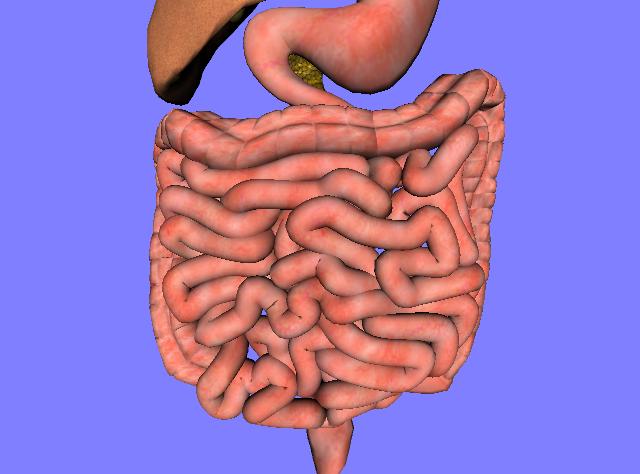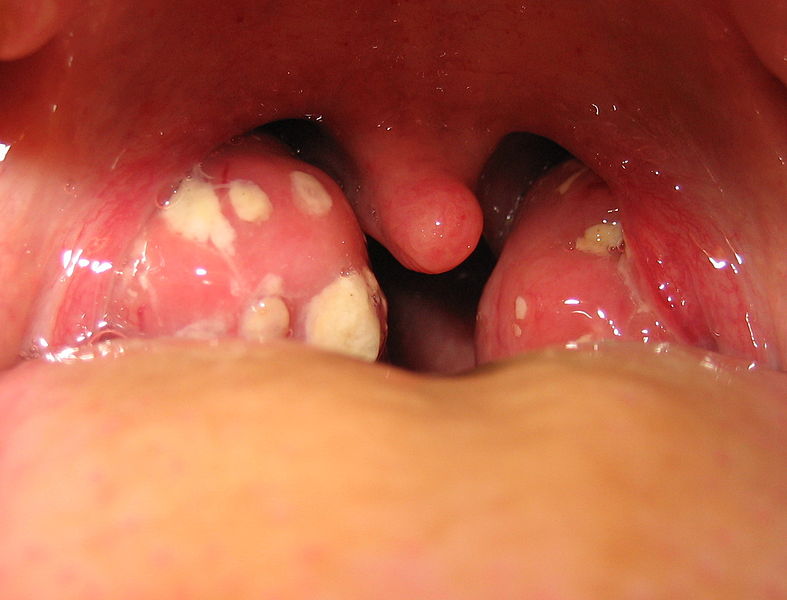If you have been lucky enough not to have fallen ill yet, it is not the case to tempt fate further. Better to plan for seasonal flu vaccination as soon as possible to be fully protected by specific antibodies against the viruses before Christmas arrives, when the more intense cold and multiple close contacts typical of the holidays will greatly increase the spread of viruses.
In this regard, it should be mentioned that the seasonal flu vaccine., which can be purchased in pharmacies and administered by a physician or nurse practitioner with a subcutaneous injection into the upper arm or thigh (completely painless), is beneficial to all because it is safe, essentially free of side effects, and able to protect completely (or most) from the discomforts associated with influenza and its complications (particularly acute respiratory distress syndromes and pneumonia).
It can, therefore, be safely taken by children, adults, the elderly and pregnant women and should be used especially by those with diseases that increase the risk of complications (even with an inauspicious outcome) in case of influenza (heart disease, chronic respiratory diseases, diabetes, etc.), by those who work in contact with the public and/or with frail/at-risk people (doctors, nurses, caterers, sales clerks, veterinarians, etc.), as well as by people with public utility duties (staff of public transportation companies, law enforcement, firefighters, etc.).
Does this year’s flu still seem too uncommon and not severe enough to warrant vaccine use? Make no mistake. This muted start, similar to last year’s, is mainly due to the persistence of slightly higher average ambient temperatures than expected for the season. A few extra degrees on the thermometer constitute a significant brake on the spread and aggressiveness of flu viruses, which will not fail, however, to be activated en masse when real winter arrives. So, better be prepared.
Taking the vaccine protects against the most prevalent influenza viruses in a given season (October-March each year), but not against all possible types of circulating respiratory viruses, which are usually, fortunately, less harmful to orgasnism. Therefore, even if vaccinated against the flu, you may still be affected by colds, fever, headache, but throat and cough, as well as sometimes nausea and vomiting.
To reduce discomfort and recover quickly, the most important thing is to stay on rest (preferably in bed if there is a fever) to give the immune system a chance to fight the viruses with maximum efficiency. Antifebrile and nonsteroidal anti-inflammatory drugs (NSAIDs) can be used to reduce symptoms (sparingly and adhering to the treatment directions on the package insert) if there are no specific contraindications highlighted by the physician.
Antibiotics, on the other hand, in common flu or flu syndromes should be avoided because these drugs, in addition to being completely inactive against viruses, weaken the body, reducing its ability to recover spontaneously. If bacterial complications arise such that they become necessary, the doctor will prescribe them, including specifying when to take them, at what dosage, and for how long-all of which must be followed faithfully, without exception.
Sources
- Ministry of Health – Influenza(http://www.salute.gov.it/portale/influenza/homeInfluenza.jsp)
- InfluNet – Superior Institute of Health (https://old.iss.it/site/RMI/influnet/pagine/rapportoInflunet.aspx;



































































































